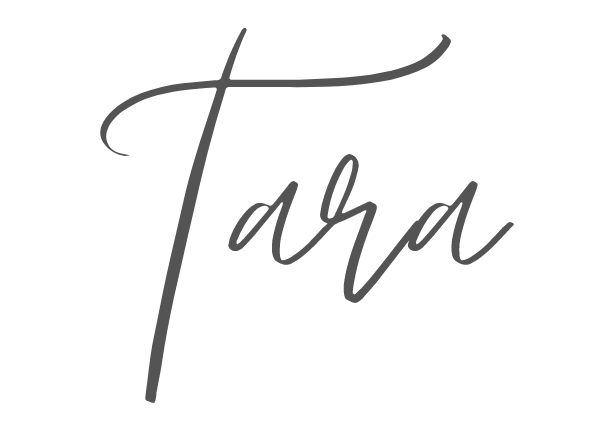The Enneagram is so popular that I am truly surprised there is not a line of masks emblazoned with “Achieving 3,” “Loyal 6” or “Challenging 8” (that one might be a low seller) on the market. We need all the help we can trying to get to know each other with only half our faces showing. And one’s Enneagram number can tell you a lot about the person standing six feet away.
The code-cracking test turns the things you already knew about you into fascinating – yet validating – truth. It’s weird to feel so understood by a strange formula that peeks under your personal hood and most find the results glorious in their ability to explain – and justify – all manner of curious behavior.
However, while enlightening, getting to know oneself can also be a tricky, slippery business. My journey in the personality-testing process has been harrowing, but ultimately healing, as I’ve learned about the mystery of me.
Years ago, our staff completed an assessment called The Birkman Method®, scientifically designed to help you “know more about yourself, what makes you unique, and how this impacts you and those with whom you interact with to empower you in virtually all parts of your life.” Since I could rarely figure myself out, I figured I might as well celebrate the idea that somebody else figured out how to do so. And who wouldn’t want to be empowered in all parts of life (maybe it could help me finally get my yippy, jumpy, circus-freak dog off the postal service’s most-wanted list!)
A few days after answering 8979487584 questions, my Birkman evaluator explained not only what I “needed” in terms of such things as “Acceptance” (a lot), “Empathy” (a lotta lot) and “Authority” (back the heck off). He described how I relate to people, deal with change, my ideal activity pace, what I should and should not be when I grow up and what led me to stay with that crappy boyfriend in college. Maybe not that last one. But kind of sort of (upon further reflection, my “Thought” score of 92 results in spinning feelings of insecurity and inaction).
This man also described how I act under stress (which, he promised, did not indicate any sort of failure. Uh-Huh.) but was unaware that I was under potentially serious stress. His mouth moved too fast for his own safety. What nerve to think he knows me so well?
“Sir, you can tell me how much sleep I need and that I should never be a scientist, but do you really think you know why I show up late to parties?”
“Yes, you haven’t had enough alone time that day.” Fine.
“Why can I make decisions for everyone else but I can’t for my own self?”
“When it comes to yourself, you think in all the shades-of gray and are distracted by every possible obvious and subtle outcome.” Well-played.
“Ok, so then why do I continue to refuse to tell my boss when I’m going on vacation?”
“You have a Freedom score of NINETY-NINE which means you require flexible rules and situations that are confining or regulated are a bad idea.” Oh dear God, how do I still have a job?!
“Do you know why I drop threat bombs when under pressure?”
“You have a natural gift for provocative statements.” Right. There is that.
“One more, Mr. smarty pants – why do I see all the details but don’t bother to mess with them and why do I adore writing but loath grammar?”
“This is a fun one. You think structure is sooooo borrrrrrriiiiinnnnnnggggg.” DAMMIT!
Why did he know everything?! He and his mind-reading people-crunchers should be have been able to predict that in that very moment, under stress, I actually had the grit to clearly decide to calmly and in a methodically and detail-oriented way, choose to exit stage left and refuse the temptation to tell him where he can shove that mean, psychic, albeit freakishly-accurate, test. Thankyouverymuch.
So … when someone asks me if I’ve taken the Enneagram, I get a little jumpy. It’s just my Personality-Test-Stress-Disorder.
Fortunately, my story doesn’t end with me taking my “oversensitivity” into a forever time-out and curling up into my ball of “over-emphasis on independence.” I just needed to not take the personality assessment so personally. The test was not intended to expose me and my failures as a human; it was designed to help me learn how to become more internally and externally aware of myself and others, and therefore a more successful, responsible and loving human.
Over the past five years of chewing on my results and using it as a means to invite others to share their experience of me in a safe way, I now see the Birkman as a treasured gift.
But fair warning.
The patterns, habits and behaviors that pop up on a personality test cause lots of pause. And for those of us hovering around the middle of life expectancy, the search for self-understanding can eventually force us to open the “long, invisible bag we drag.”[1] The parts of our story and parts of ourselves that get in our way or don’t quite work in the world get conveniently stuffed into a nice little bag that we zip up as we live a wonderfully ignorant and fairly unexamined life. We power through and do all things and everything IS. FINE. Until that bag gets too heavy to drag around anymore.
Deep inside of us, the ghosts haunt, the unreconciled calls and we’re fine enough, but know there is better, know there is more. A personality test can tell you a lot of what, but you then have to decide if you are going to have the courage to consider the why behind all those what’s – and that is the real the path to a whole soul. When we start to explore and understand our actions, attitudes and behaviors, as hard as we try to hold that bag shut, the unzipping begins. As my friend Troy puts it, ugly things grow in the dark – and its mighty hard work bringing that stuff into the light. It’s best not done alone – but it’s worth it, and we and the people we love are worthy of it.
[1] Chuck DeGroat, “toughest people to love.”



